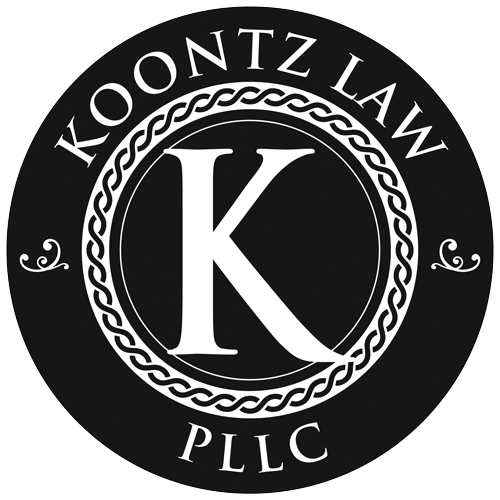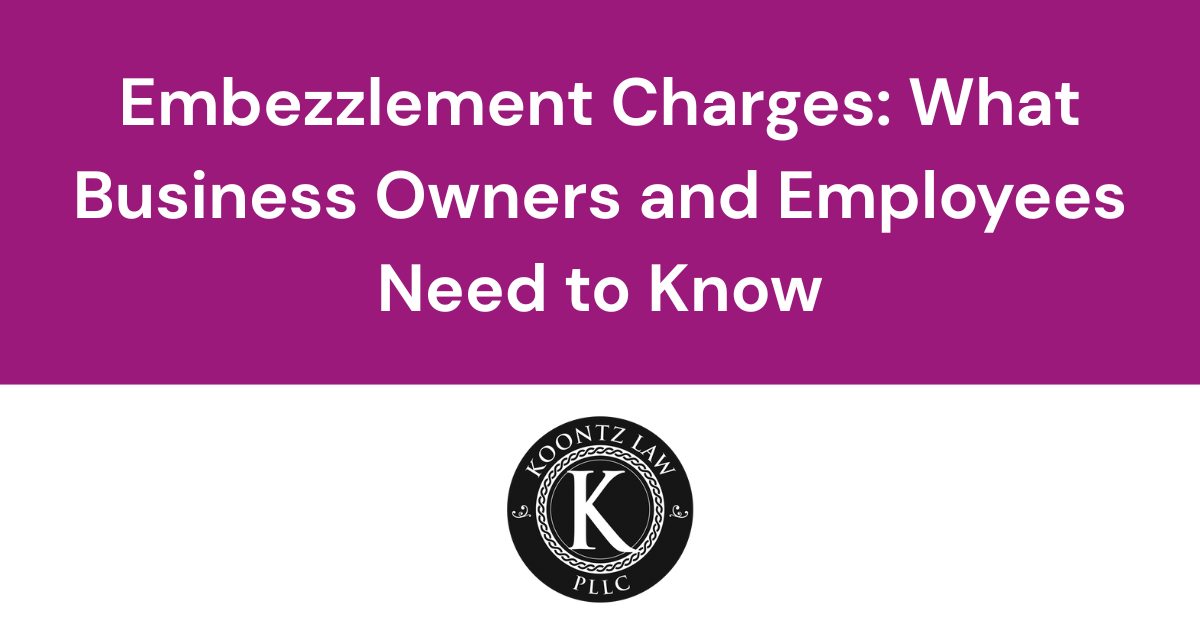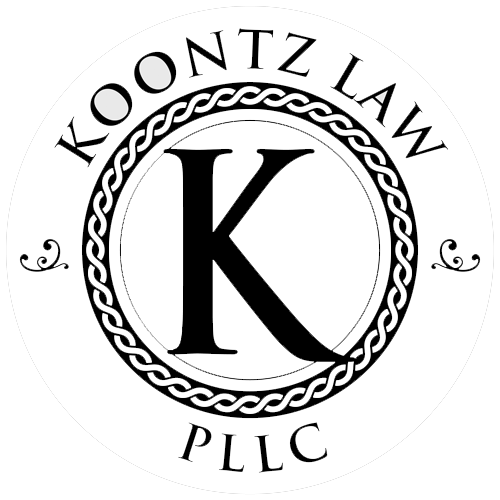5 Common Mistakes to Avoid When Writing Your Will
Writing a will is a crucial step in ensuring that your assets are distributed according to your wishes after you pass away. However, many people make mistakes during this process that can lead to disputes or legal complications. Here are five common mistakes to avoid when writing your will.
1. Not Updating Your Will Regularly
Life circumstances change, and so should your will. Major life events such as marriage, divorce, the birth of a child, or the acquisition of significant assets necessitate updates to your will. Failing to update your will can lead to unintended beneficiaries, overlooked assets, or outdated directives. Regularly reviewing and updating your will ensures it reflects your current wishes and life situation.
2. Failing to Name a Guardian for Minor Children
If you have minor children, it is essential to name a guardian in your will. This person will be responsible for their care if something happens to you. Without a designated guardian, the court will decide who will take care of your children, which may not align with your preferences. Naming a trusted guardian provides peace of mind and ensures your children’s well-being.
3. Overlooking Digital Assets
In today's digital age, many people have valuable digital assets such as online bank accounts, social media accounts, and digital photo collections. It’s important to include these in your will. Provide clear instructions on how to access and manage these digital assets, including usernames, passwords, and any specific wishes regarding their handling or distribution.
4. Not Clearly Identifying Beneficiaries
Be specific when naming beneficiaries to avoid any confusion. Include full names and, if necessary, their relationship to you. Vague terms like "my children" or "my siblings" can lead to disputes if there are questions about who exactly is included. Clear, detailed designations help ensure your assets are distributed as you intend.
5. Attempting to Write Your Will Without Professional Help
While DIY wills are available, they often lack the thoroughness and legal precision needed to avoid complications. Estate laws can be complex and vary by state. An experienced attorney can help you navigate the intricacies of estate planning, ensure your will is legally sound, and provide advice tailored to your specific circumstances. Professional assistance minimizes the risk of errors and helps protect your assets and beneficiaries.
Estate Planning With Koontz Law, PLLC
Writing a will is a critical task that requires careful consideration and attention to detail. By avoiding these common mistakes—updating your will regularly, naming a guardian for minor children, including digital assets, clearly identifying beneficiaries, and seeking professional help—you can ensure that your final wishes are honored and your loved ones are taken care of. At Koontz Law, we are dedicated to providing expert estate planning services to help you create a comprehensive and effective will.
Contact us today to schedule a consultation and secure your peace of mind.











